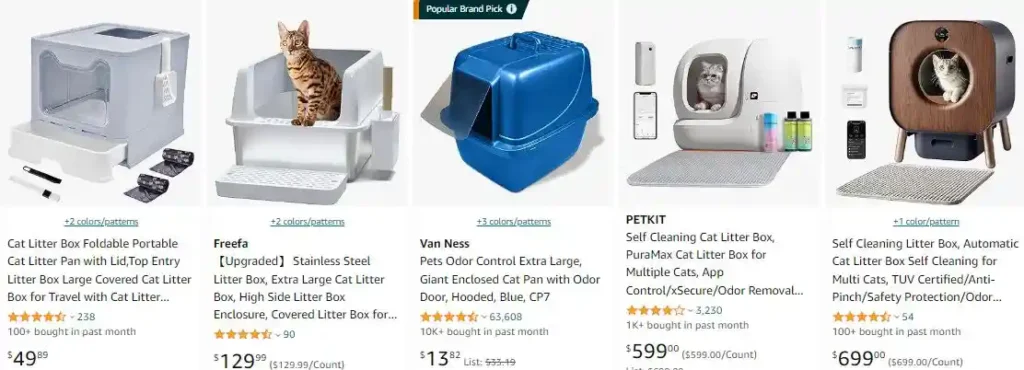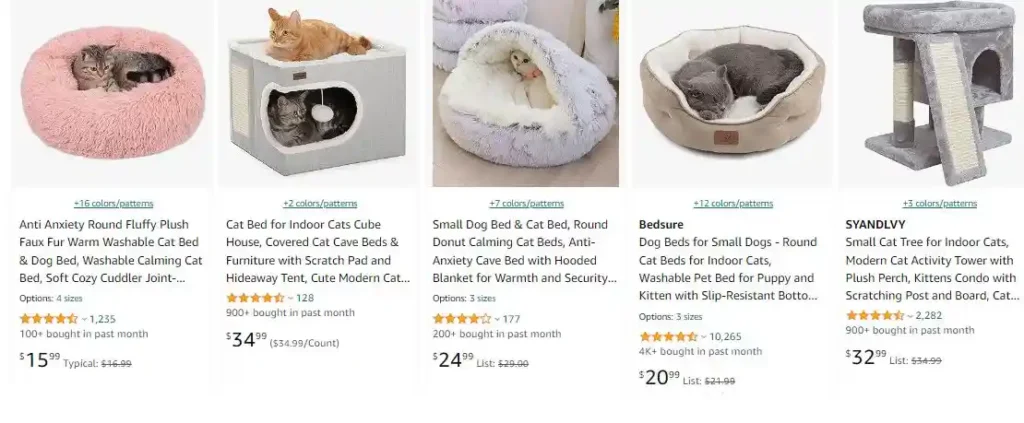Dogs and cats are often portrayed as natural enemies, but is there any truth to this stereotype? Why do dogs hate cats, or do they? In this article, we will explore some of the possible reasons behind the canine feline conflict and how you can help them get along better.
1. The Prey Drive Theory
One of the most common explanations for why dogs hate cats is that dogs have a natural prey drive, inherited from their wolf ancestors. This means that they are instinctively drawn to chase and catch moving objects, such as squirrels, rabbits, and cats. Some dog breeds, such as hounds and terriers, have a stronger prey drive than others and may be more likely to pursue cats.

However, this does not mean that dogs want to harm or kill cats. Many dogs are just curious or playful, and they may not even realize that cats are not toys. Some dogs may even be afraid of cats, especially if they have had a bad experience with them in the past.
2. The Communication Theory
Another reason why dogs and cats may not get along is that they have different ways of communicating. Dogs are very expressive and vocal, while cats are more subtle and quiet. Dogs also use body language to convey their emotions, but cats may interpret these signals differently.

For example, a dog wagging its tail usually means that it is happy and excited, but a cat wagging its tail usually means that it is annoyed or angry.
A dog may approach a cat with a wagging tail, hoping to make friends, but the cat may see it as a threat and react defensively. Similarly, a dog may bark or growl to warn a cat to back off, but the cat may not understand or care and continue to provoke the dog.
3. The Territorial Theory
Another possible cause of conflict between dogs and cats is that they are both territorial animals and may compete for the same resources, such as food, water, toys, and attention. Dogs and cats may also have different preferences for their personal space and boundaries and may not respect each other’s needs.

For instance, dogs are usually more social and outgoing and may enjoy being around people and other animals. Cats, on the other hand, are usually more independent and aloof and may prefer to be alone or with a select few. A dog may try to cuddle or play with a cat, but the cat may feel invaded or annoyed and lash out at the dog.
How to Help Dogs and Cats Get Along
While dogs and cats may have some natural differences and challenges, they are not doomed to be enemies. Many dogs and cats can coexist peacefully and even become friends with proper training and socialization. Here are some tips on how to help dogs and cats get along.
1. Introduce them gradually and carefully

If you are bringing a new dog or cat into your home, do not force them to meet right away. Instead, keep them separated for a few days and let them get used to each other’s smells and sounds. Then, introduce them to a neutral and controlled environment, such as a room with a baby gate or a leash. Keep the sessions short and positive, and reward them for calm and friendly behavior. Repeat this process until they are comfortable with each other.
2. Supervise them closely

Even if your dog and cat seem to get along, do not leave them alone unsupervised, especially in the beginning. There may be unexpected triggers or situations that could cause a fight or an injury. Always keep an eye on them and intervene if you see any signs of aggression or stress, such as hissing, growling, barking, or chasing.
3. Provide them with their own space and resources
To avoid competition and conflict, make sure that your dog and cat have separate areas where they can feel safe and relaxed. Provide them with their own food and water bowls, litter boxes, beds, toys, and scratching posts, and place them in different locations. Also, give them enough attention and affection, and do not favor one over the other.
4. Respect their personalities and preferences
Remember that dogs and cats are individuals, and they may have different personalities and preferences. Some dogs and cats may be more friendly and playful, while others may be more shy and reserved. Some may enjoy each other’s company, while others may prefer to keep their distance. Do not force them to interact or bond, and let them set their own pace and boundaries. Respect their differences and appreciate their similarities.
Conclusion
Dogs and cats are often seen as enemies, but this is not necessarily true. There are many possible reasons why dogs and cats may not get along, such as their prey drive, communication styles, and territoriality. However, with proper training and socialization, dogs and cats can learn to coexist peacefully and even become friends. By following the tips above, you can help your dog and cat get along better and enjoy a harmonious and happy household.
Disclaimer
As an Amazon Associate, we earn from qualifying purchases where there is no additional cost to you. This is one way to support us. The products displayed here are well-researched, highly rated by users, and fast-moving.








